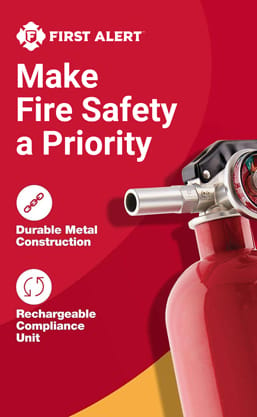Fuses (305 items found)
Sort by
Site disruptor Mobile dropzone 1 - After Item 2 ↘
Site disruptor Desktop dropzone 1 - After Item 3 ↘
Site disruptor Mobile dropzone 2 - After Item 4 ↘
Site disruptor Desktop dropzone 2 - After Item 6 ↘
Site disruptor Mobile dropzone 3 - After Item 6 ↘
Site disruptor Mobile dropzone 4 - After Item 8 ↘
Site disruptor Desktop dropzone 3 - After Item 9 ↘
Site disruptor Mobile dropzone 5 - After Item 10 ↘
Site disruptor Desktop dropzone 4 - After Item 12 ↘
Site disruptor Mobile dropzone 6 - After Item 12 ↘
Site disruptor Mobile dropzone 7 - After Item 14 ↘
Site disruptor Desktop dropzone 5 - After Item 15 ↘
Site disruptor Mobile dropzone 8 - After Item 16 ↘
Site disruptor Desktop dropzone 6 - After Item 18 ↘
Site disruptor Mobile dropzone 9 - After Item 18 ↘
Site disruptor Mobile dropzone 10 - After Item 20 ↘
Site disruptor Desktop dropzone 7 - After Item 21 ↘
Site disruptor Mobile dropzone 11 - After Item 22 ↘
Site disruptor Desktop dropzone 8 - After Item 24 ↘
Site disruptor Mobile dropzone 12 - After Item 24 ↘
Site disruptor Mobile dropzone 13 - After Item 26 ↘
Site disruptor Desktop dropzone 9 - After Item 27 ↘
Site disruptor Mobile dropzone 14 - After Item 28 ↘
Site disruptor Desktop dropzone 10 - After Item 30 ↘
Site disruptor Mobile dropzone 15 - After Item 30 ↘
Site disruptor Mobile dropzone 16 - After Item 32 ↘
Site disruptor Desktop dropzone 11 - After Item 33 ↘
Site disruptor Mobile dropzone 17 - After Item 34 ↘
Site disruptor Desktop dropzone 12 - After Item 36 ↘
Site disruptor Mobile dropzone 18 - After Item 36 ↘
Site disruptor Mobile dropzone 19 - After Item 38 ↘
Site disruptor Desktop dropzone 13 - After Item 39 ↘
Site disruptor Mobile dropzone 20 - After Item 40 ↘
Site disruptor Desktop dropzone 14 - After Item 42 ↘
Site disruptor Mobile dropzone 21 - After Item 42 ↘
Site disruptor Mobile dropzone 22 - After Item 44 ↘
Site disruptor Desktop dropzone 15 - After Item 45 ↘
Site disruptor Mobile dropzone 23 - After Item 46 ↘
Site disruptor Desktop dropzone 16 - After Item 48 ↘
Site disruptor Mobile dropzone 24 - After Item 48 ↘
Site disruptor Mobile dropzone 25 - After Item 50 ↘
Site disruptor Desktop dropzone 17 - After Item 51 ↘
Site disruptor Mobile dropzone 26 - After Item 52 ↘
Site disruptor Desktop dropzone 18 - After Item 54 ↘
Site disruptor Mobile dropzone 27 - After Item 54 ↘
Site disruptor Mobile dropzone 28 - After Item 56 ↘
Site disruptor Desktop dropzone 19 - After Item 57 ↘
Site disruptor Mobile dropzone 29 - After Item 58 ↘
Showing 60 of 305
Search Feedback :Did you find what you were looking for?

























